
Nas’s bold declaration that “hip-hop is dead” might shock some of today’s new generation of hip-hop listeners, but the fact of the matter is, heads from Nas’ era have been saying that for years. But Nas’ isn’t sour. He has accepted that the artform that we grew up on has changed completely in the last 10 years or so, representing the last of the true heads. Realizing this, he has taken the responsibility to make sure that hip-hop still lives on, crafting an incredibly raw LP that not only breathes new life into his career, but also doesn’t forget it’s origins.
With a title like Hip-Hop Is Dead, one might assume that he would try and craft some sort of sequel to Illmatic, tapping people like DJ Premier and Pete Rock to produce his album. Instead, he has kept it inside the fam, enlisting the forever faithful duo of L.E.S. and Salaam Remi to handle the bulk of the production. The vision Nas had is carried out perfectly for by the duo, who manage to incorporate many classic elements of hip-hop’s past in the production. For example, the opening song “Money Over Bullshit”, packs dark, hard-hitting pianos, and a buried snare from Malcolm McClaren’s “World’s Famous”, all of which combine into a great backdrop for Nas’ new manifesto. Again on the incredible, “Where Are They Now”, Remi honors James Brown with a flipped sample of “Get Up, Get Into It, Get Involved”, while Nas shouts out virtually every milk-carton emcee that influenced him, in an honorary tribute. Even the otherwise cheesy “Who Killed It” ? which features Nas doing his best Sam Spade ? packs a fresh beat, heavily influenced by Eric B. and Rakim’s “I Ain’t No Joke”.
The other producers involved with the project carry on the old school vibe of the record as well, also putting new spins on classic breaks. Kanye slyly jacks the opening drum breakdown from Steve Miller Band’s “Take The Money and Run” for the inspiring “Let There By Light”, and later joins Nas on the mic for an unofficial sequel to Game and Kanye’s “Dreams”, with the beautiful “Still Dreamin’”. Will.I.Am leads the album off with the title track, “Hip-Hop Is Dead” ? which like “Theif’s Theme”, again uses the “In-A-Gadda-Da-Vida” bassline, but Will soups it up, adding in drums from “Apache”, proving that Nas did indeed have to “flip this track again”. But Will.I.Am actually crafts the album’s crown jewel with its second single on “Can’t Forget About You”. Here, the reinvigorated producer boldly samples Nat King Cole’s “Unforgettable”, adding a classic drum break behind it. Chrisette Michele’s nostalgic vocals amazingly sound like they too are sampled, as Nas recounts some of his greatest lifetime memories. Without question, “Can’t Forget About You” is the new ” T.R.O.Y.”, the new “I Used To Love H.E.R.”.
But the album cannot be accused of simply rehashing what we’ve already heard before, as it fuses in modern production styles as well, without sacrificing the signature sound of the LP as a whole. No matter what kind of beat he is on, Nas uses the LP as a platform to speak on hip-hop itself as well as problems the plague the his community. On the Scott Storch produced “Carry On Tradition”, Nas breaks down the sad reality of the his former idols with incredibly visual lyrics: “Some rap pioneers be them crackheads / when they speak, you see missing teeth / silver chain with a silver piece / niggas your grandfather’s age / they pants still hangin’ down they leg / talkin’ about they ain’t been paid.” “Blunt Ashes” finds Nas smoked out over a Chris Webber (!) beat, again examining the harsh, true Hollywood stories of people like Rick James and Ava Gardner. On the introspective “Not Going Back” (feat. Kelis), Nas vows not to end up like those that came before him, not letting Hollywood, or the hood, take him under.
As far as collaborations go, they are few and far in between, but each of them are worth their spot on the album. Jay-Z and Nas make history by, for the first time, appearing on the same song together with “Black Republicans”, which pits the two in rap gladiators on a big, ceremonial track, as Jay-Z breaks down the history of the duo’s relationship. “Hustlers” finds Nas and Game sharing a Dr. Dre track, looking back ten years into the past. Both conjure up vivid imagery, as Nas remembers being “the first New York nigga rappin’ with Dre”, while Game reminsinces being “in the record shop with choices to make / Illmatic on the top shelf, The Chronic on the left, homie / want to cop both, but only got a 20 on me”.
There are a few songs that keep it from being a classic, such as the Snoop featured “Play On Playa” seeming a bit out of place here, or the aforementioned “Who Killed It”, which can be really tough to choke down, as Nas gets his MF Doom/Sofa King on with that ridiculous 20′s accent. And, Nas did promise us a biography on KRS-One for this album back on Street Disciple, which would have been perfect since KRS is “the god of hip-hop”. But who’s counting? All in all, Hip-Hop Is Dead is perhaps Nas’ most focused and socially conscious record yet, carrying on tradition, whether you see hip-hop as dead or alive.
Comments
No Comments
Leave a reply
- Raekwon Sets A Release Date For “F.I.L.A.” Album
- BUSH: A Snoop Odyssey Produced By Pharrell Williams [Preview]
- Drake – “If You’re Reading This It’s Too Late” Surprise Album on iTunes Now
- Action Bronson “Mr. Wonderful” Cover Art and Tracklist
- Juicy J “Blue Dream & Lean 2″ Mixtape Cover Art & Release Date Revealed
- MF Grimm “MF Love Songs” Cover Art + Tracklist
- Lord Hakim – “Brass Knucklez” (feat. Vast Aire & Phizz Ed)
- IAMSU! – “Hella Good” (feat. Tyga)
- DJ Kay Slay – “I Declare War” (feat. Styles P, Sheek Louch, Vado, Raekwon, & Rell)
- Maverick Sabre – “We Don’t Wanna Be” (feat. Joey Bada$$)
- Cannibal Ox – “Blade: Art of Ox” (feat. Artifacts & U-God; prod. Black Milk)
- Asher Roth – “Blow Your Head” (prod. Nottz)
- It's Time To Say Goodbye...
Commented on by Yungplex - It's Time To Say Goodbye...
Commented on by geedubbleyoo - Fat Trel - "In My Bag" (feat. Wale)
Commented on by Katae - Kanye West's "Runaway": What Does It All Mean?
Commented on by fidgar - Sole Vs. El-P: Part One - Sole
Commented on by Reno Yakavetta - It's Time To Say Goodbye...
Commented on by Atom


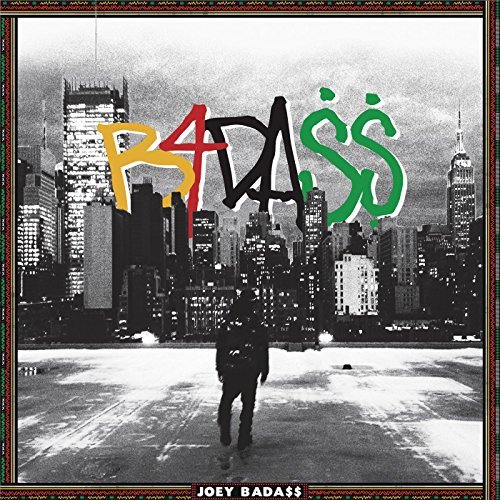
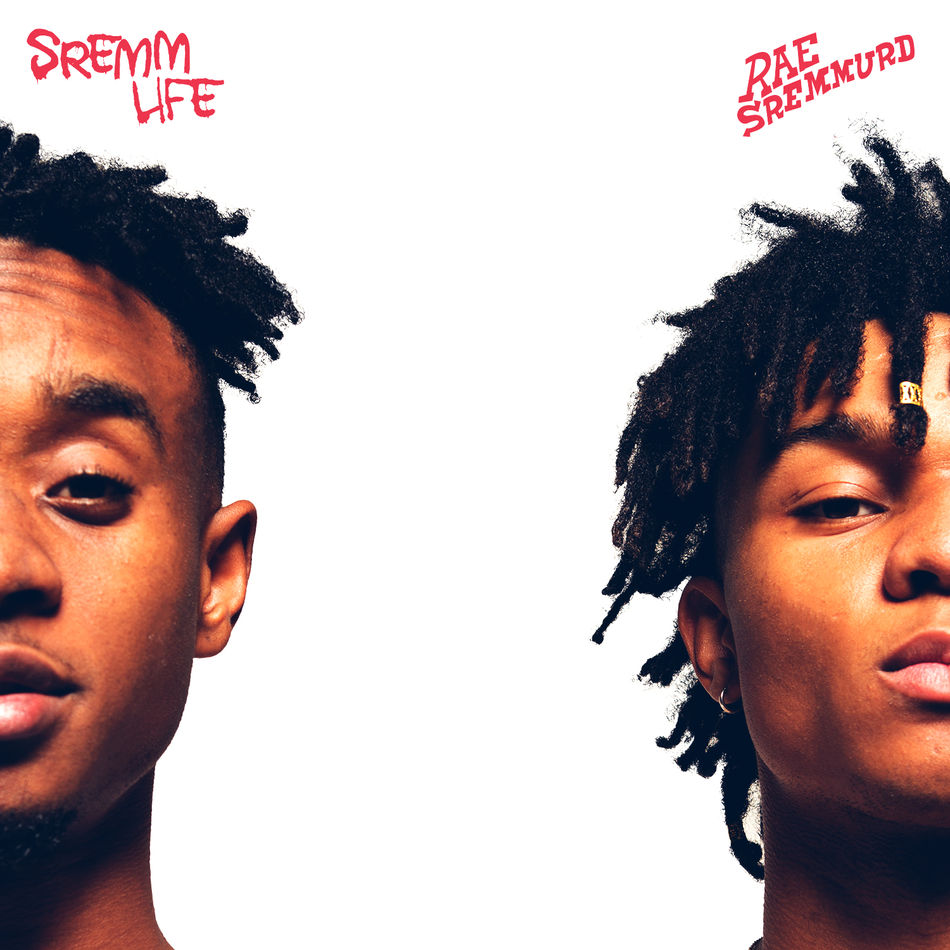
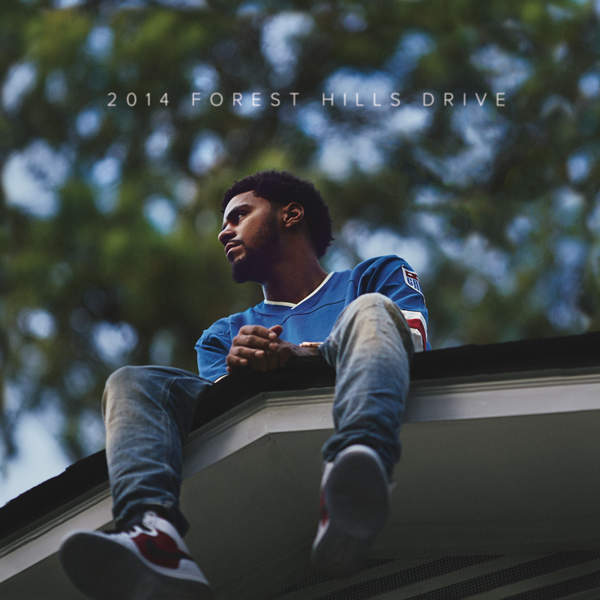






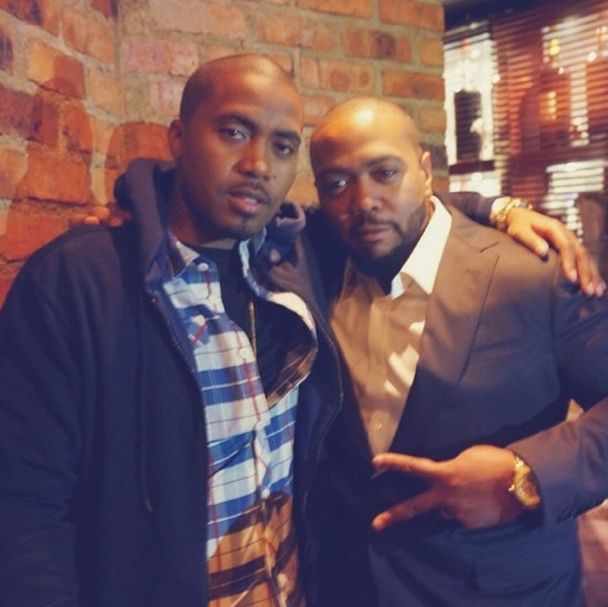


 Mixtape D.L.
Mixtape D.L.
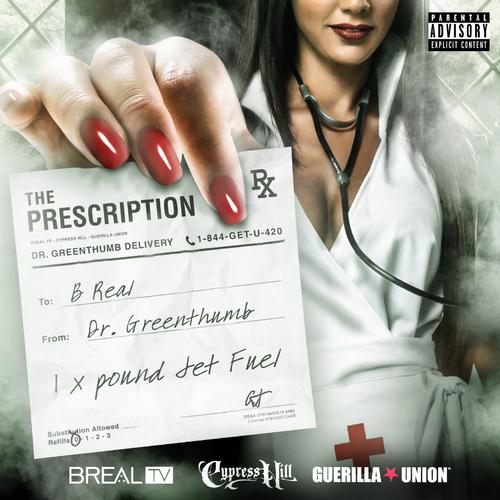

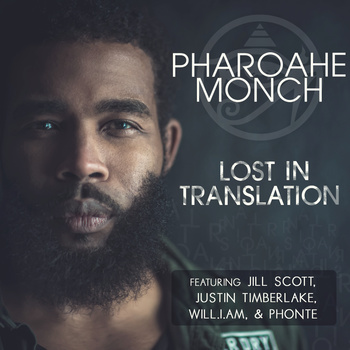

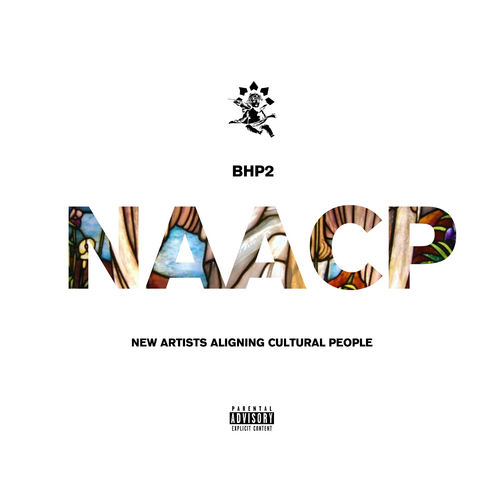
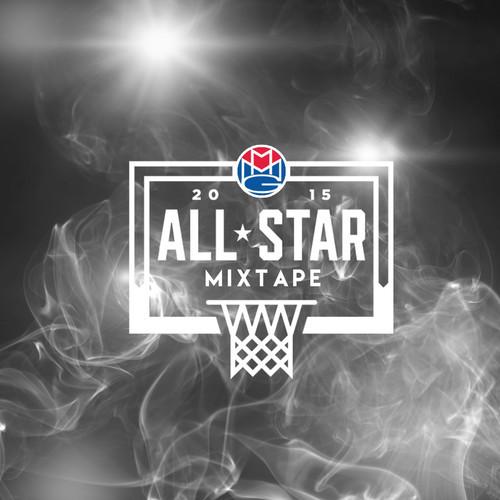
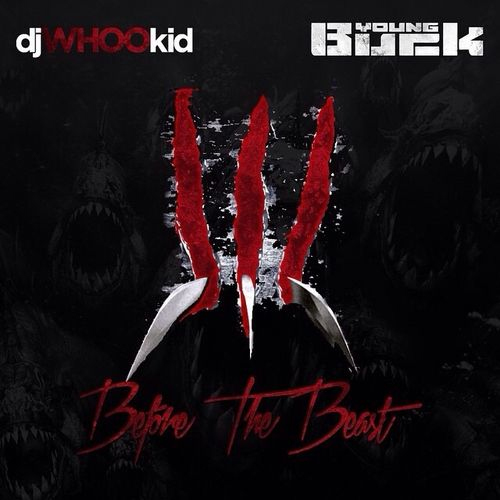
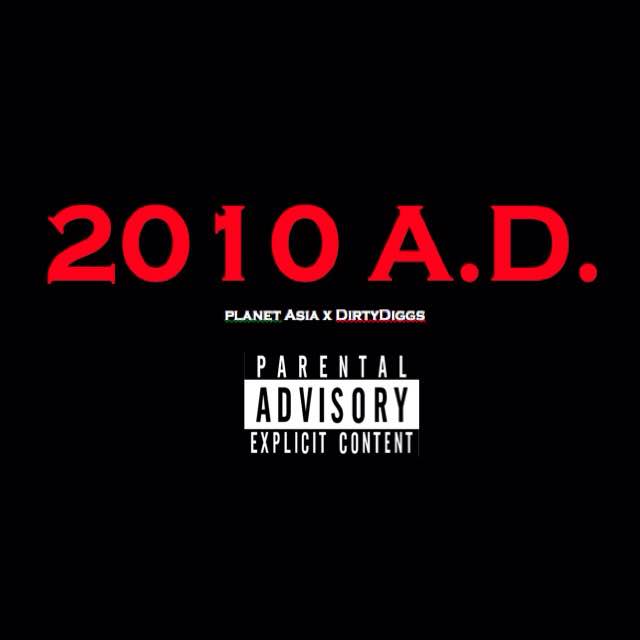
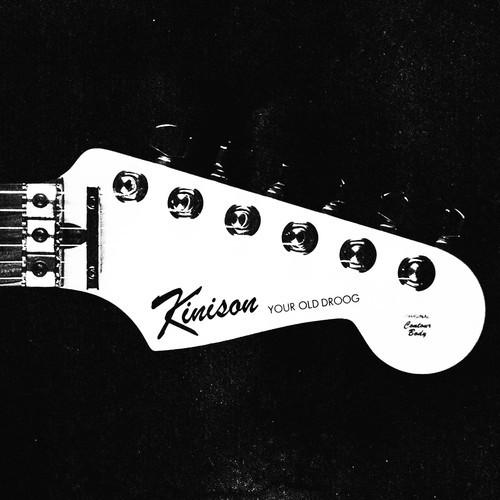
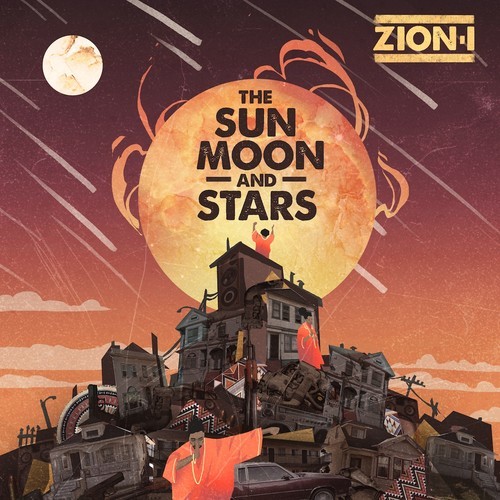

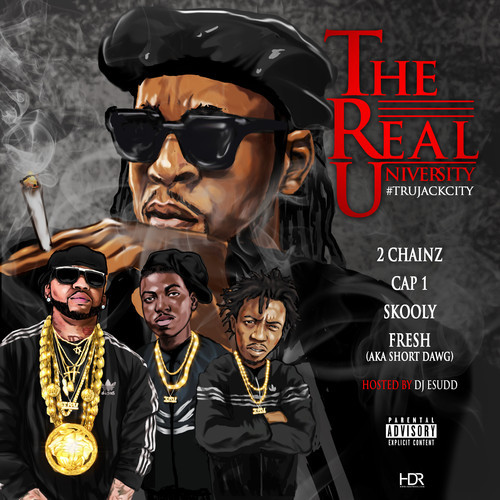
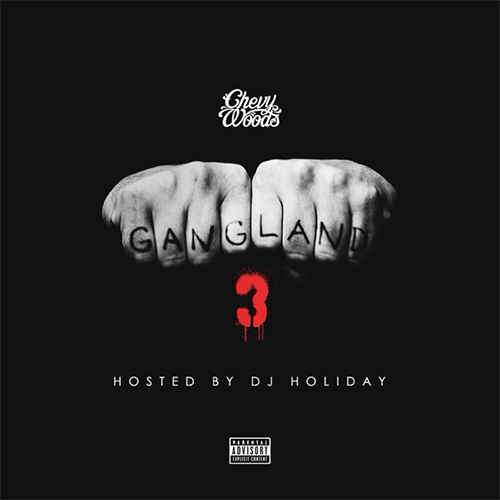
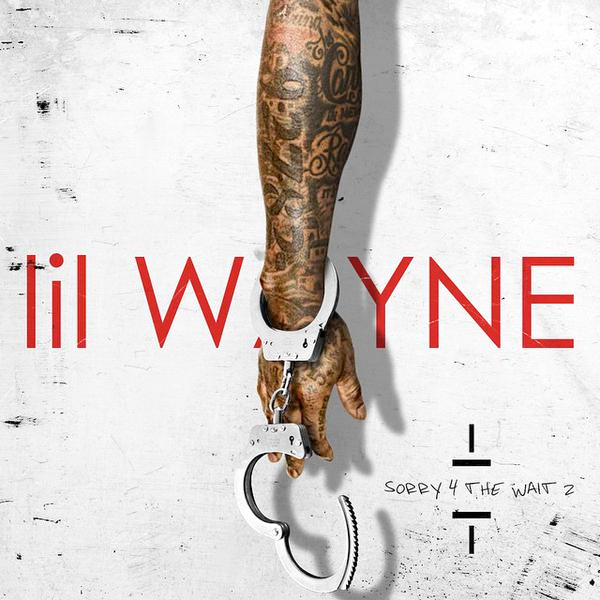
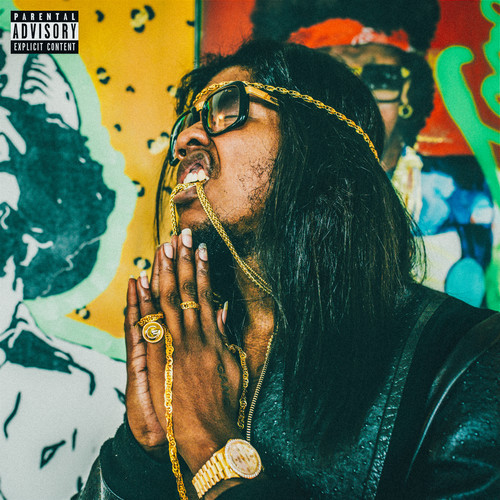





12 January, 2007@12:00 am
0 comments